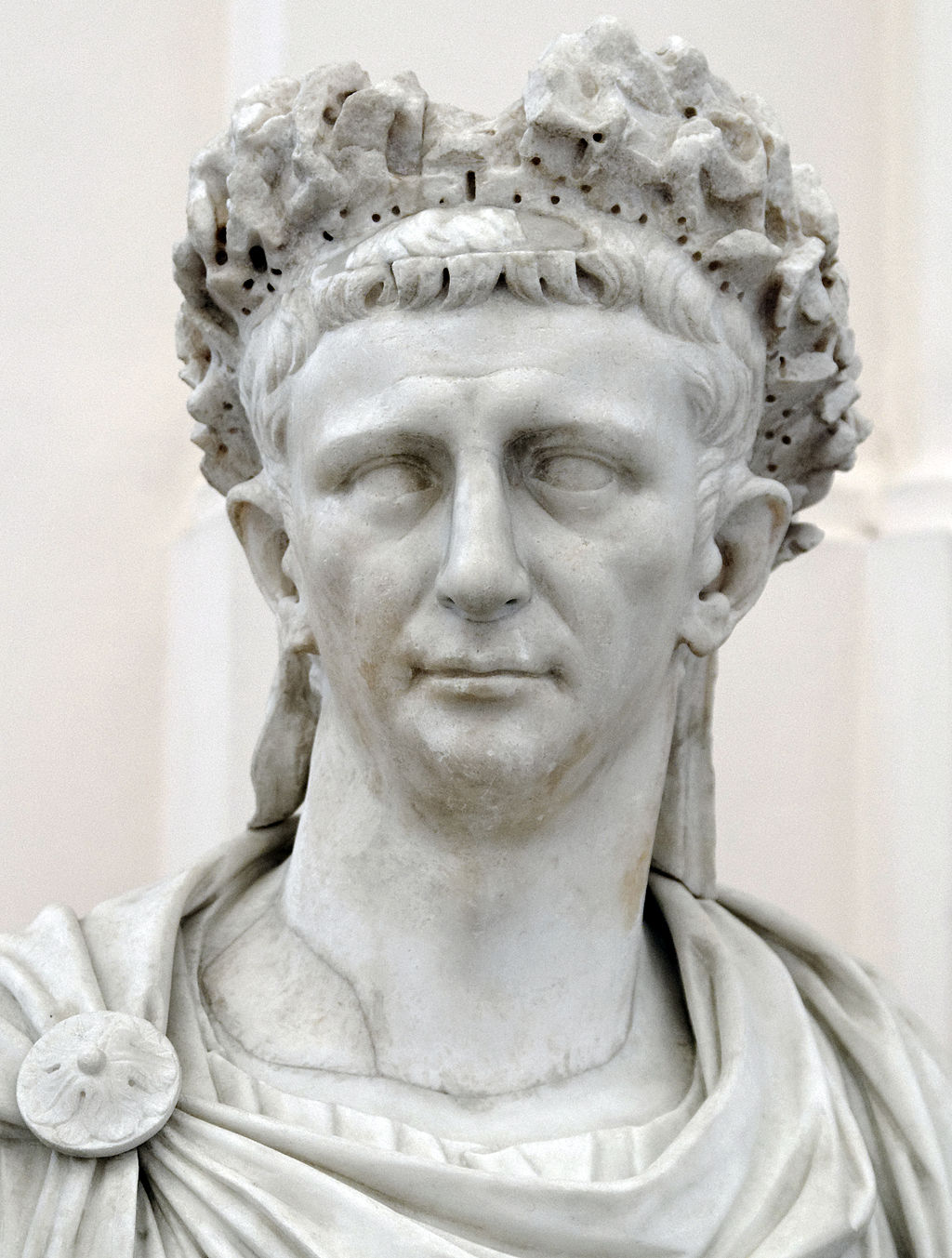It happened today - January 25, 2016
 Can we just stay in Rome for a bit? It’s not so bad. The Romans had indoor toilets, aqueducts that carried over a million cubic metres of water a day into Rome alone, built roads that were still in use in the 19th century, and constructed buildings and ships bigger than anyone would manage until the Victorians, most of which were better-looking besides.
Can we just stay in Rome for a bit? It’s not so bad. The Romans had indoor toilets, aqueducts that carried over a million cubic metres of water a day into Rome alone, built roads that were still in use in the 19th century, and constructed buildings and ships bigger than anyone would manage until the Victorians, most of which were better-looking besides.
Of course eventually their government got too big, interventionist and spendthrift. But we can hardly heckle them on that score, now can we?
Anyway, in yesterday’s item we stabbed Caligula to death then waved him around as a cautionary example of a vainglorious insane vicious tyrant. Well, today we’re going to replace him with Claudius.
I find Claudius hard to assess because my main impression of him comes from the TV version of Robert Graves’ revisionist novel I, Claudius. Traditionally Claudius was seen as a crippled, stammering, drooling half-wit. Which seems to be why he was originally put on the throne by a devious group of conspirators who made the Borgias look like a church study group, as an easy-to-manipulate front chump. It didn’t help that he was the first emperor chosen by the Praetorian Guard instead of the Senate.
Graves tried to change this impression and did a brilliant job, especially with the brilliant, engaging Derek Jacobi playing him on TV. Graves, and Jacobi, depicted him as being instead wily and humane, playing the fool to escape assassination during the reigns of Tiberius and Caligula and, indeed, after becoming emperor himself. If so, it didn’t work indefinitely; after 13 years as emperor he was duly assassinated at the behest of his villainous 4th wife Agrippina in order to inflict her mad evil son Nero on Rome as emperor (see my piece on Caligula for the strange service such rulers perform once safely assassinated or, in Nero’s case, forced to commit suicide to avoid that fate.)
Derek Jacobi is almost impossible not to like on screen. But one actor does not an emperor make. In real life Claudius almost certainly was a great deal smarter than people thought, which admittedly wouldn’t be hard. That he was assassinated in the end proves nothing; in his situation it was pretty much bound to happen sooner or later and he staved it off longer than expected. Especially if, as he had as a young man, you wrote a history of Rome’s Civil Wars that told much of the unpleasant truth about many powerful people’s recent ancestors. But he was also widely viewed as capricious, sometimes cruel and easily dominated by the women in his life. And while he appears to have been a reasonably competent administrator he was also meddlesome.
One final public note: It was Claudius who added southern Britain to the Roman Emperor, actually conquering the territory Julius Caesar had briefly annoyed. He also bagged Thrace, Judea, Mauretania and other areas, not single-handedly of course nor without some efforts by his predecessors. And as someone who feels that the Roman Empire was on balance an enormous force for good in the world I have to applaud that aspect of his life. He also affirmed the legal rights of Jews throughout the Empire; many rulers have done much worse.
It’s hard to be sure what sort of man he was or what sort of emperor. But I’d sure like to believe Graves’ story and Jacobi’s presentation. It’s such an inspiring tale of a decent underdog in a setting where such people tended to die quick horrible deaths. So I hope it was more or less true.